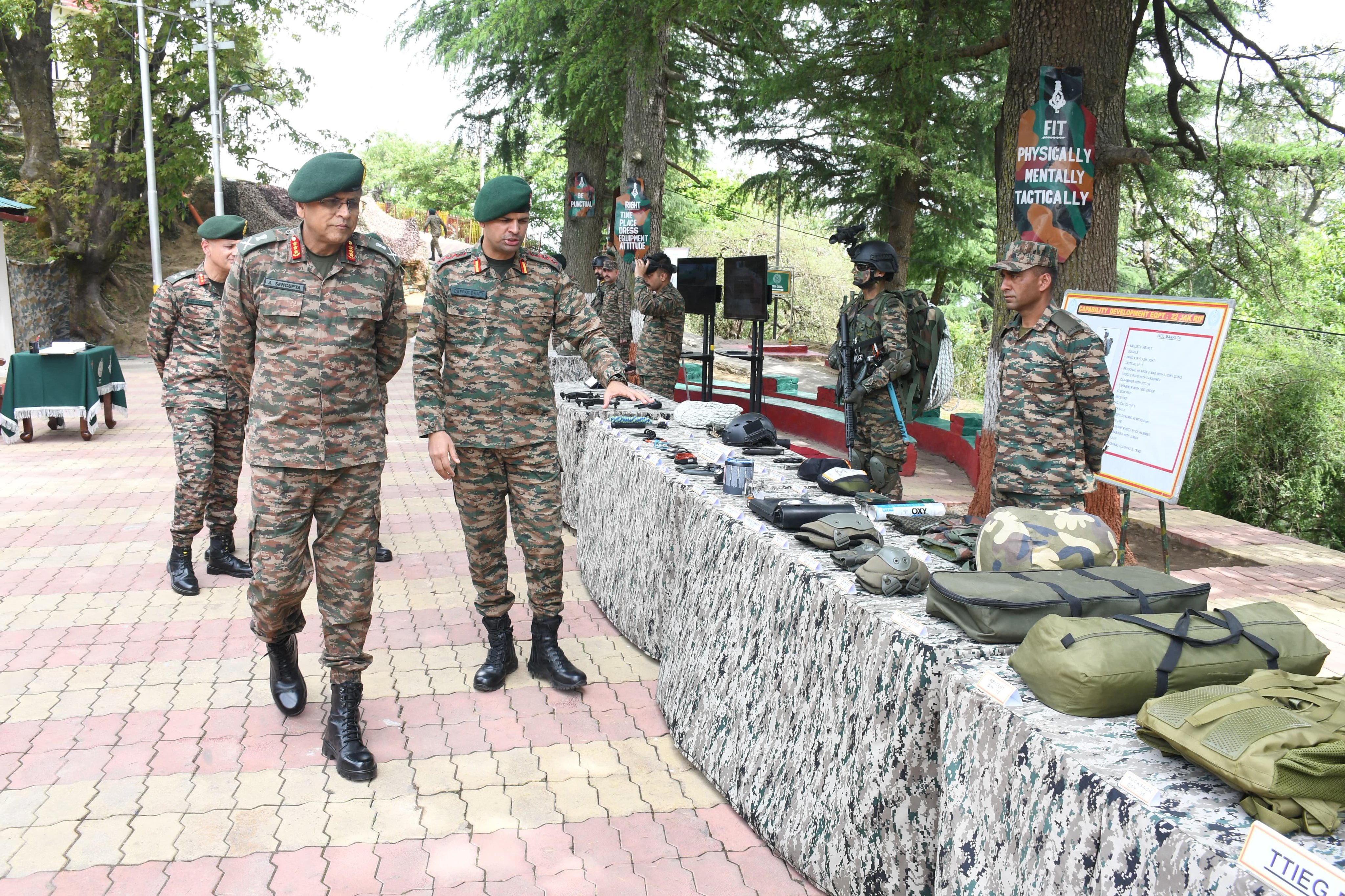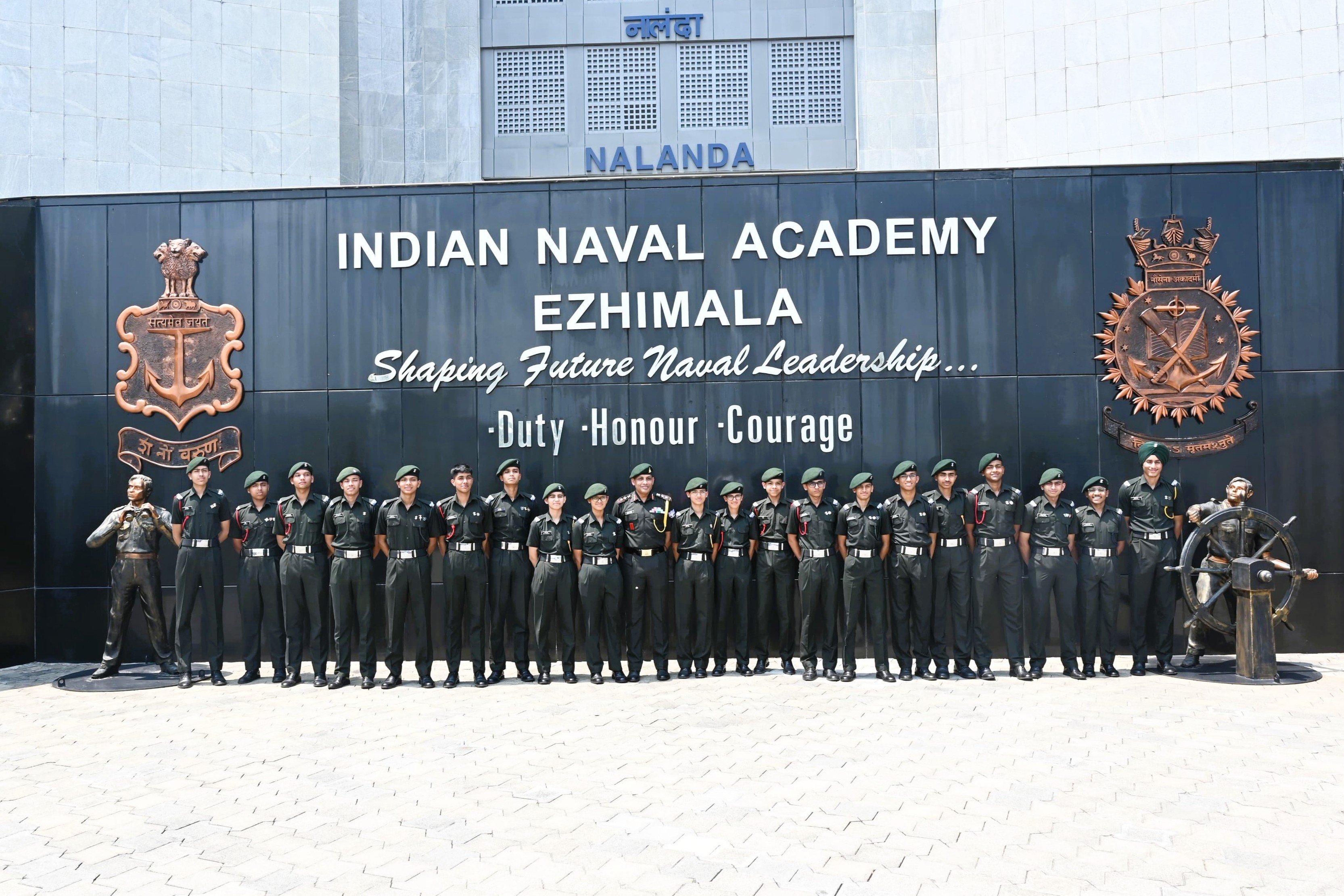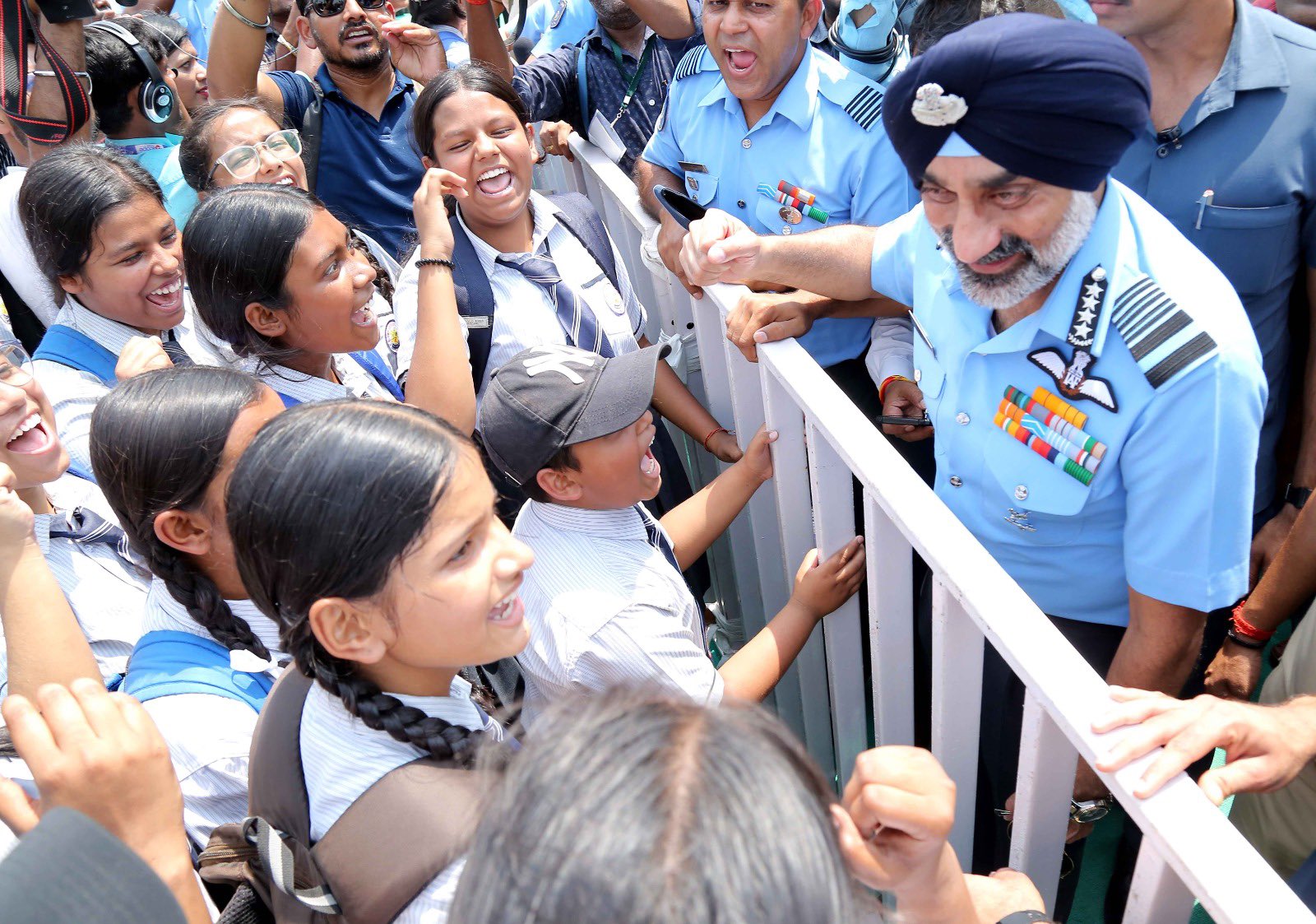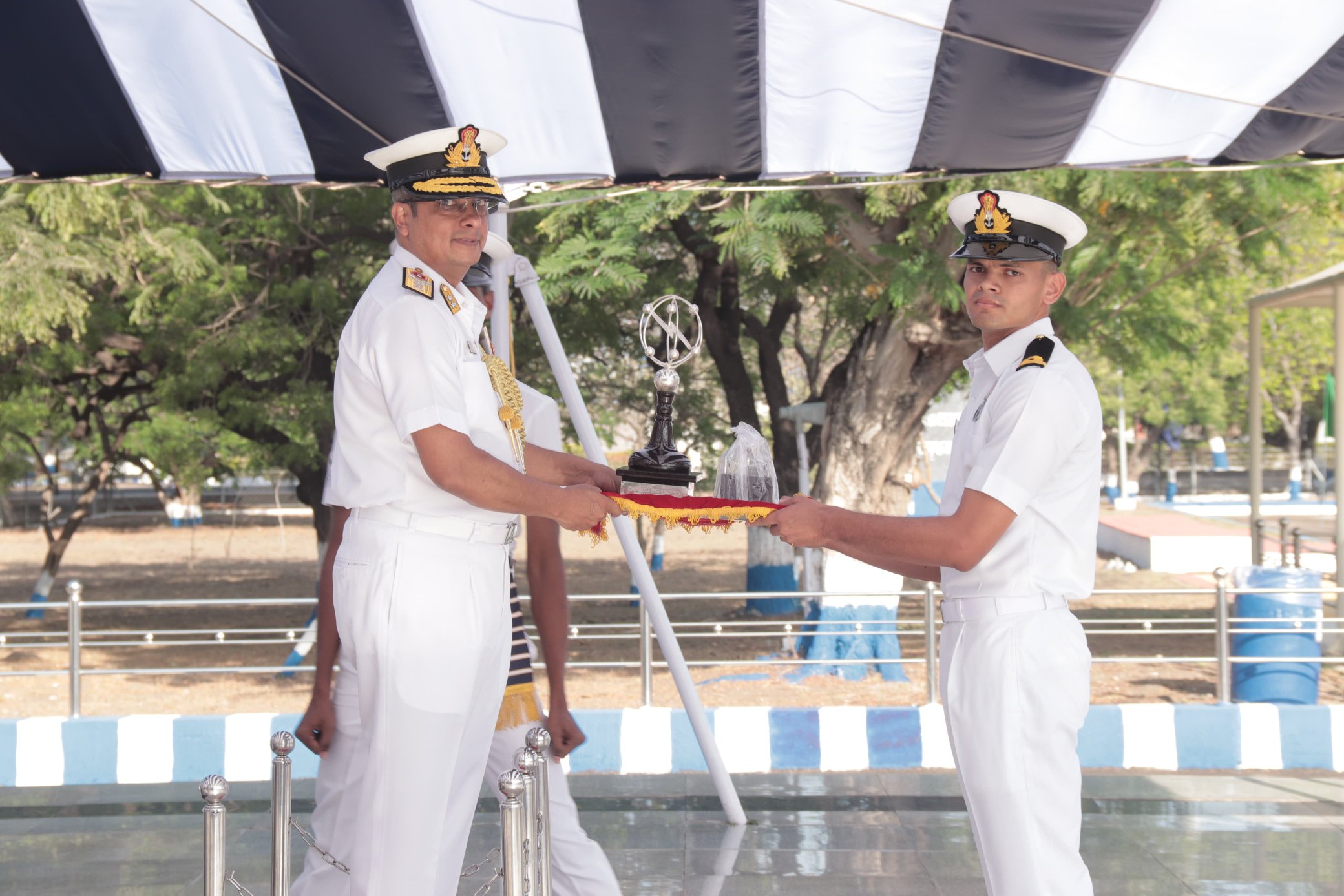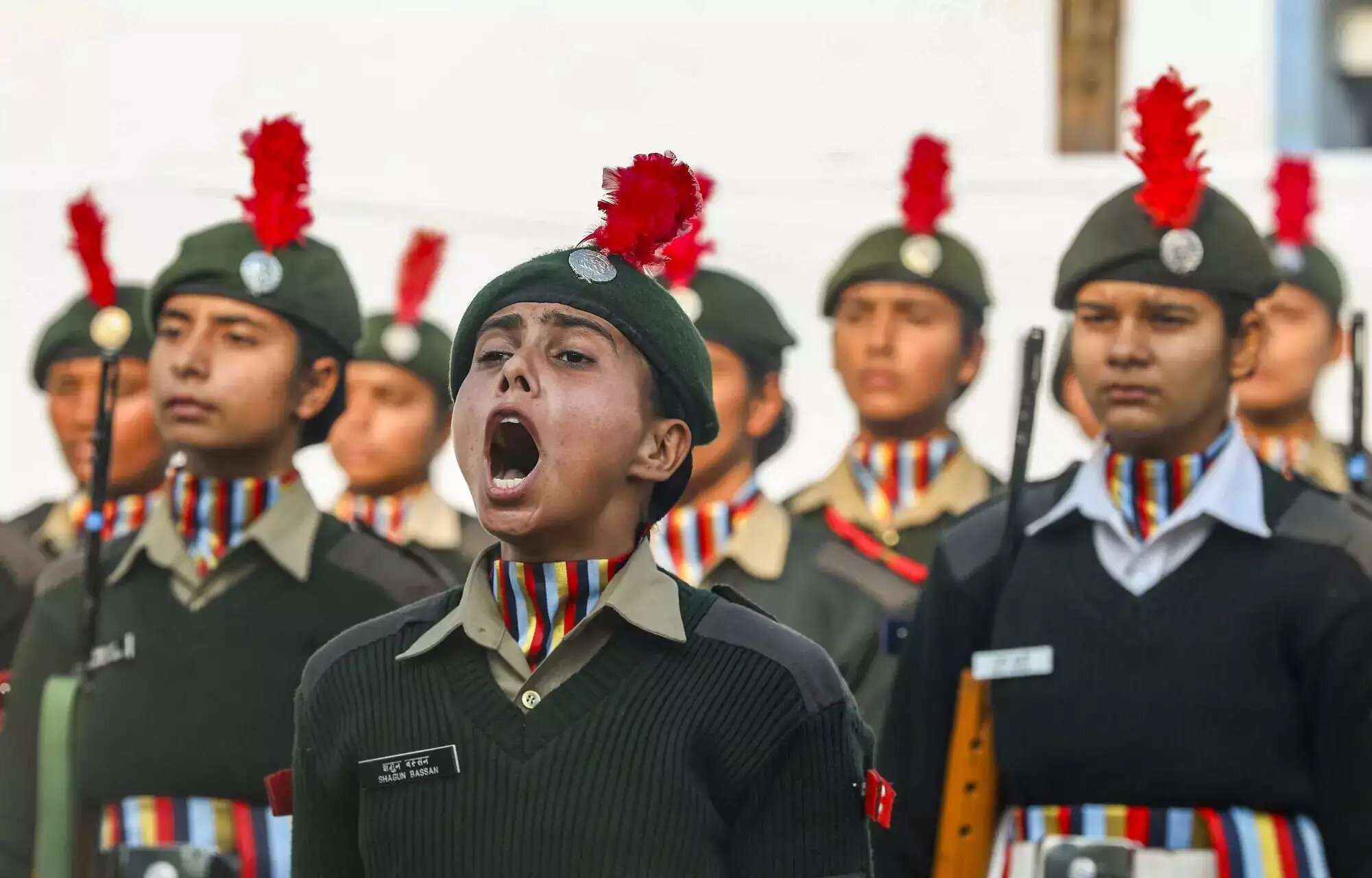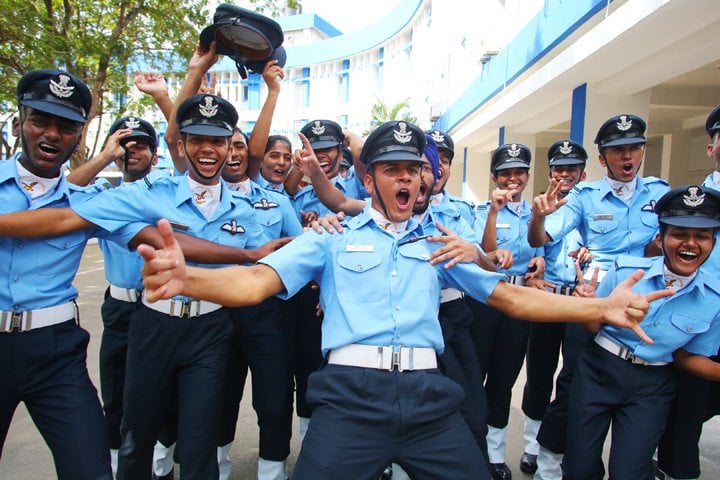The Indian Navy is set to conduct its significant Coastal Defence Exercise ‘Sea Vigil-24’ on Wednesday and Thursday along the coastal areas of Bengal. This initiative is designed to bolster security measures for critical coastal assets such as ports, oil installations, single point moorings, cable landing points, and other vital coastal infrastructure, all while taking into account the needs and safety of the coastal population.
The exercise is a collaborative effort involving a broad range of stakeholders, including various governmental and security agencies. Key participants will include state governments, the Coast Guard, Marine Police, intelligence services, and customs authorities. This multi-agency approach aims to assess and enhance India’s national security preparedness along its extensive coastline.
The exercise will encompass approximately 7,500 kilometers of coastline, covering key maritime regions such as the Arabian Sea, the Indian Ocean, and the Bay of Bengal. A defense spokesperson highlighted the economic importance of this area, noting that it is rich in natural resources and pivotal for global trade. Approximately 95% of India’s trade by volume and 70% by value is conducted via sea routes, establishing coastal security as both a national security concern and an economic imperative.
Established in the wake of the 2008 Mumbai terror attacks, Sea Vigil aims to review and reinforce coastal defense protocols. Officials underscored that incidents like the Mumbai attacks, where maritime routes were exploited for terrorist entry, highlight the critical need for robust coastal security.
To address these challenges, Sea Vigil will simulate various threat scenarios, enabling security agencies to respond swiftly and effectively to unauthorized incursions. This proactive approach is vital for identifying potential threats and mitigating risks, ensuring that the nation’s maritime boundaries are secured. Real-time evaluations during the exercise will allow authorities to strengthen protocols regarding incident response, asset mobilization, and information sharing among various agencies.
A key element of Sea Vigil is the emphasis on inter-agency collaboration, which is essential for effective coastal defense. The exercise will facilitate seamless information exchange among the participating agencies, which is expected to significantly reduce response times and allow for swift action against potential threats. Improved collaboration is anticipated to enhance resource allocation and intelligence sharing, both crucial in addressing complex maritime security challenges.
The Indian Navy, acting as the primary coordinator for this exercise, will oversee planning and operations, utilizing its extensive intelligence network and assets including ships, aircraft, and unmanned aerial vehicles (UAVs) to monitor the coastline. Advanced maritime surveillance technologies, such as radar systems and aerial reconnaissance, will be employed for comprehensive monitoring of maritime traffic and identification of suspicious activities.
Moreover, Sea Vigil aims to enhance the training and capabilities of local security forces involved in coastal defense. The exercise will not only focus on current threats but will also adapt to address emerging maritime security challenges. By simulating potential threats, Sea Vigil will test the readiness and capability of India’s coastal defense forces to handle a range of complex, multi-dimensional security threats, ensuring that the nation’s maritime defenses remain agile and responsive to evolving security dynamics.




